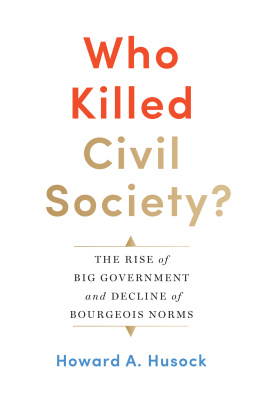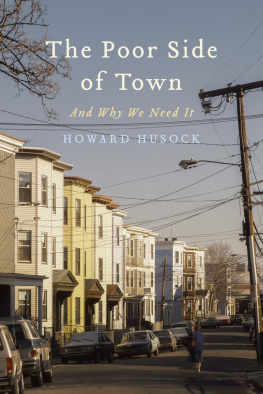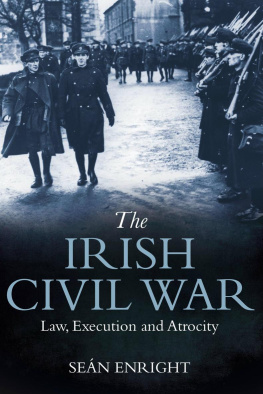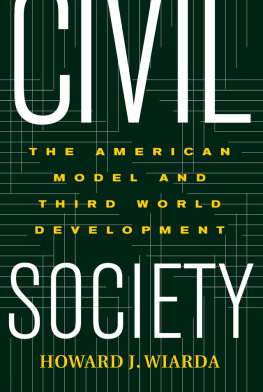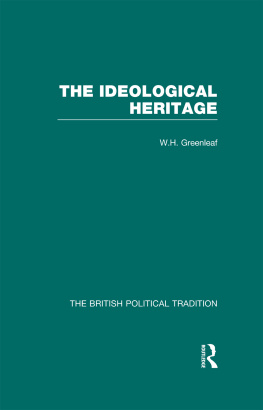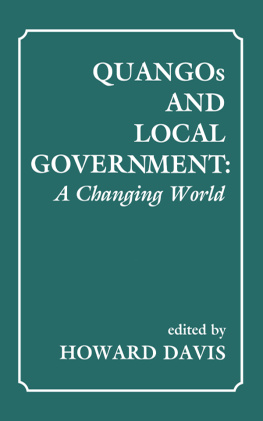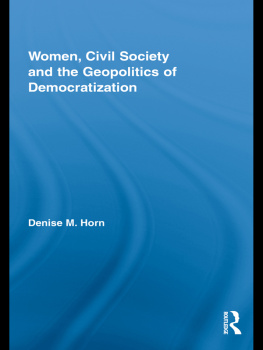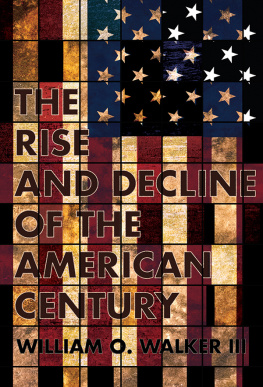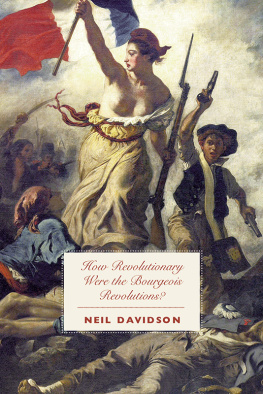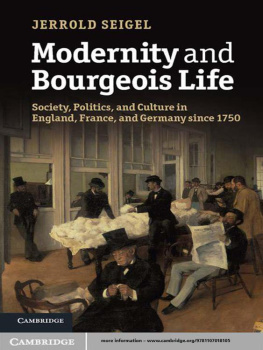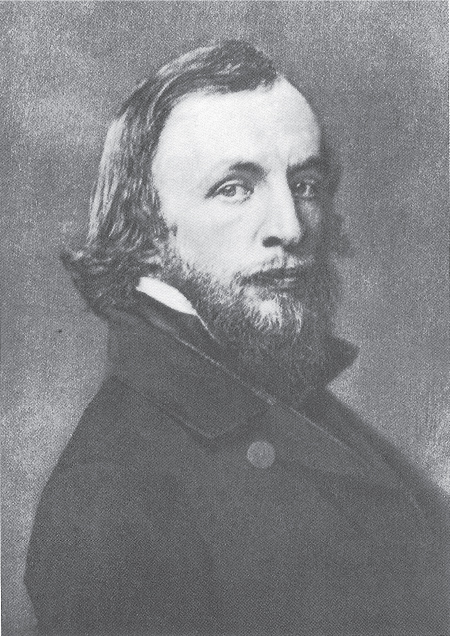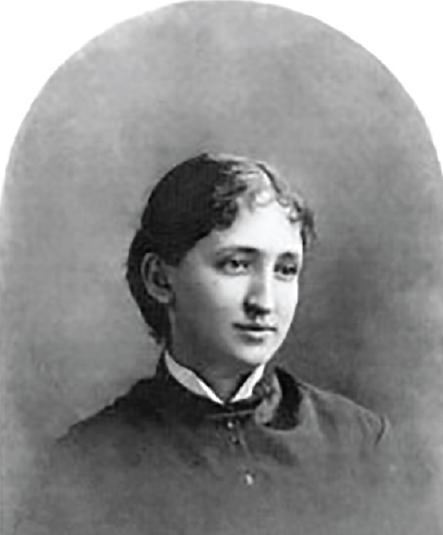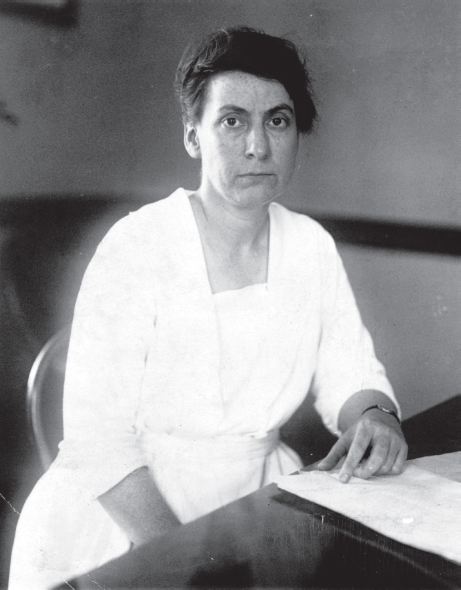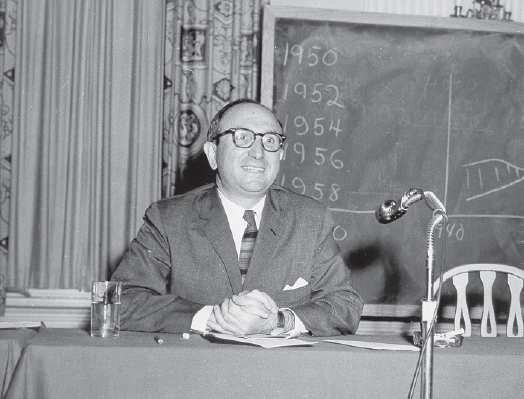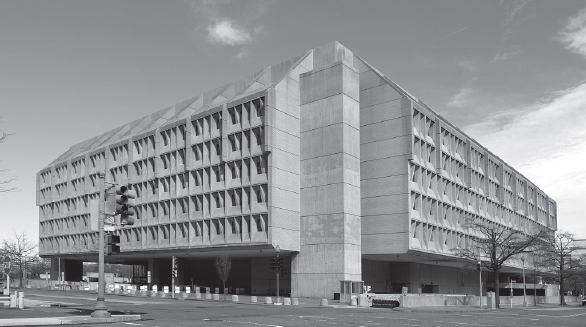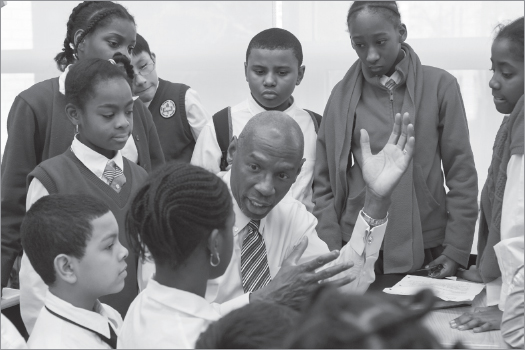
WHO KILLED CIVIL SOCIETY?
The Rise of Big Government and Decline of Bourgeois Norms
Howard A. Husock

2019 by Howard A. Husock
All rights reserved. No part of this publication may be reproduced, stored in a retrieval system, or transmitted, in any form or by any means, electronic, mechanical, photocopying, recording, or otherwise, without the prior written permission of Encounter Books, 900 Broadway, Suite 601, New York, NY 10003.
First American edition published in 2019 by Encounter Books, an activity of Encounter for Culture and Education, Inc., a nonprofit, tax-exempt corporation.
Encounter Books website address: www.encounterbooks.com
Manufactured in the United States and printed on acid-free paper. The paper used in this publication meets the minimum requirements of ANSI/NISO Z39.481992 (R 1997) (Permanence of Paper).
FIRST AMERICAN EDITION
LIBRARY OF CONGRESS CATALOGING-IN-PUBLICATION DATA
Names: Husock, Howard, author.
Title: Who killed civil society? : the rise of big government and decline of bourgeois norms / by Howard A. Husock.
Description: New York : Encounter Books, [2019] | Includes bibliographical references and index.
Identifiers: LCCN 2019018888 (print) | LCCN 2019022308 (ebook) | ISBN 9781641770583 (hardcover : alk. paper)
Subjects: LCSH: Social normsUnited States. | Social serviceUnited States. | Civil societyUnited States. | United StatesSocial policy.
Classification: LCC HN90.M6 H87 2019 (print) | LCC HN90.M6 (ebook) | DDC 303.3/7dc23
LC record available at https://lccn.loc.gov/2019018888
LC ebook record available at https://lccn.loc.gov/2019022308
Interior page design and composition: BooksByBruce.com
To my wife, Robin Henschel,
for her love and criticism;
my father, Bernard Husock,
for his example and assistance;
my grandmother Ethel Levine,
for her encouragement;
and to my sons and their families.
BERNARD HUSOCK
My father, Bernard Husock, on the occasion of his bar mitzvah in South Philadelphia, 1937. There were more than 150 row house schuls, or small synagogues, in the neighborhood at that time. The Juvenile Aid Society, which arranged for his foster care and provided him with guidance and support, required children it assisted in South Philly to attend a Jewish education center. As an adult, he raised funds for the Jewish Federation of Cleveland.
Photo courtesy of the author
CHARLES LORING BRACE
In 1854, Brace founded the Childrens Aid Society of New York. A descendant of one of the earliest New England families and a Yale-educated minister, Brace felt called to do what he could to uplift New York Citys poor. He reached tens of thousands of them, starting lodging houses for newsboys and vocational schools for girls, and arranging new homes in the American West for orphans. We seek, he said, to influence character, as well as to supply wants and to avert rather than cure the diseases of poverty.
Photo courtesy of The Childrens Aid Society
JANE ADDAMS
In the early twentieth century, Addams was among the most admired women in America. She was the founder of Chicagos Hull House, the nations first and most influential settlement house, where affluent young adults settled among the poor immigrants of the citys West Side. There, while they learned English and prepared to become citizens, they were exposed, Addams wrote, to a better class of Americans. Later in life, Addams came to emphasize political and policy change over such character formation and inspired important protgs who would help build Americas social service state.
Photo from the Library of Congress
MARY RICHMOND
Raised poor in her grandmothers boardinghouse near the Baltimore harbor, Mary Richmond would, with the publication of her book Social Diagnosis, come to be considered the founder of modern social work. But she resisted an emphasis on political reform at the expense of character formation. To ignore the importance of character and of the discipline that makes character, she wrote, is a common fault of modern philanthropy.
Photo from www.historyofsocialwork.org
GRACE ABBOTT
The daughter of a small-town prairie lawyer from Grand Island, Nebraska, Grace Abbott transformed the relationship between the federal government and families. As the head of the federal Childrens Bureau, Abbott helped establish new types of government programs, such as federal grants to the states for approved purposes, and assistance payments for individuals that would become known as entitlements.
Photo from the Library of Congress
WILBUR COHEN
Known in Washington as Mr. Social Security, Milwaukee-born grocers son Wilbur Cohen would rise from a low-level New Deal research position to become Secretary of Health, Education, and Welfare. He had hoped that social insurancefinancial support for those in needin combination with government training and rehabilitation programs would finally end poverty. He would grow disappointed in the results.
Photo from the Social Security Administration
THE DEPARTMENT OF HEALTH AND HUMAN SERVICES, WASHINGTON, DC
What started as a tiny agencythe federal Childrens Bureauis todays nerve center of federal support for social services. Focused on addressing those already troubled, the Department distributes $53 billion annually in social service grants, spending more than other entire cabinet agencies such as the Department of Justice, Department of Interior, and the Treasury Department.
Photo from the U.S. General Services Administration
GEOFFREY CANADA (center)
The founder and long-time leader of the Harlem Childrens Zone, Geoffrey Canada emerged from a childhood of poverty in the violence-wracked Bronx to begin an organization based on his view that middle-class values can help uplift the poor of any background. He is an unabashed believer in the American Dreamfor kids to believe by working hard that the skys the limit, that they can go as high as their talent will take them.
Photo courtesy of the Harlem Childrens Zone
Next page
